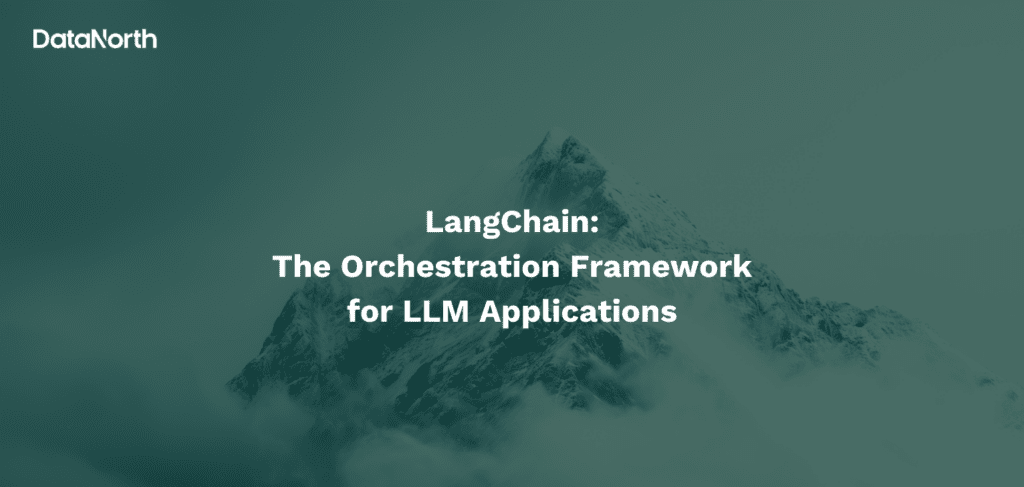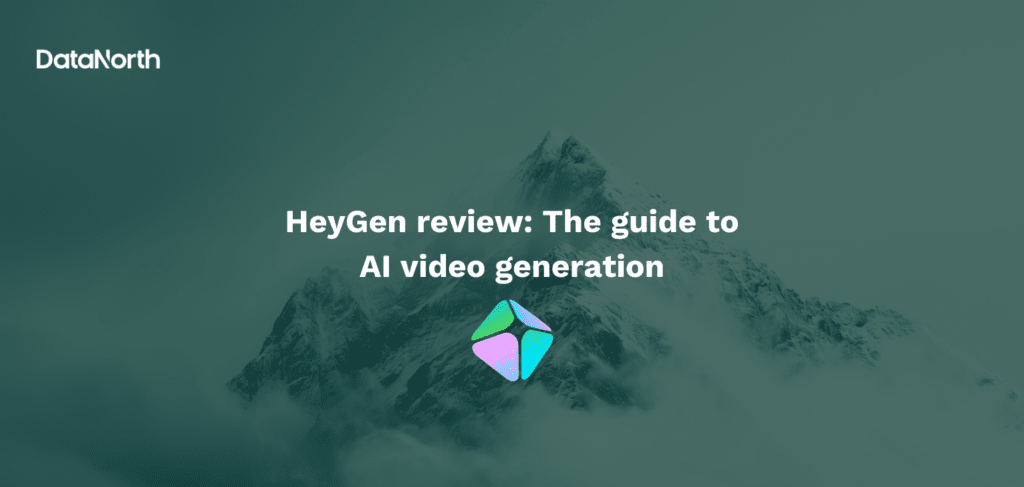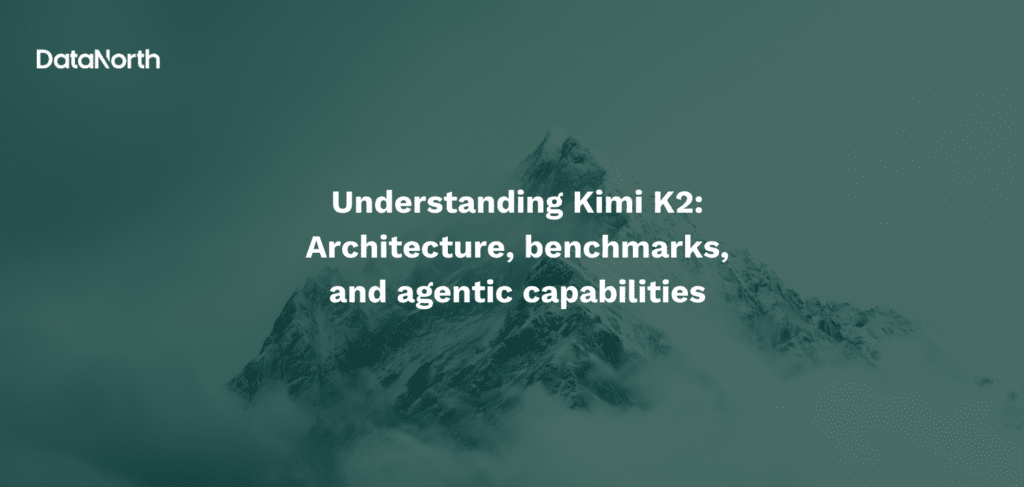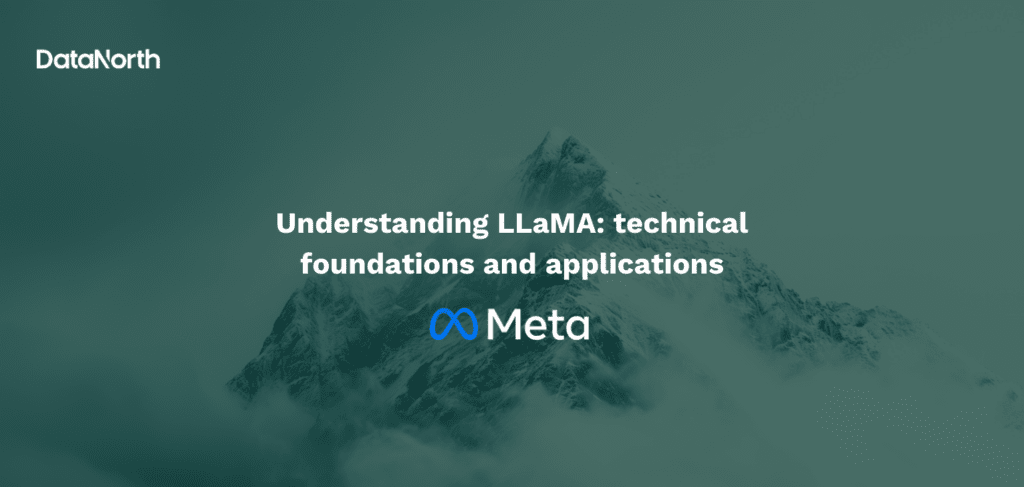In the fast-paced world of business, leveraging the latest technology is crucial for maintaining a competitive edge. Artificial Intelligence (AI) tools have become indispensable for businesses looking to streamline operations, enhance productivity, and drive growth. These tools, ranging from powerful content creation aids to comprehensive productivity enhancers, are transforming how businesses operate. This blog post dives into the top 10 AI tools for businesses in 2025, presenting their capabilities, usages, and benefits.
What is AI?
Before we explore different AI tools, let’s briefly explain Artificial Intelligence (AI) and Generative AI. Artificial Intelligence (AI) is the science of creating computer systems that can perform tasks typically requiring human intelligence. These tasks include understanding human language, recognizing patterns in data, solving problems, and adapting to new situations. AI achieves this by employing complex algorithms and mathematical models that enable computers to process information, adapt to varying circumstances, and continually improve their performance.
What is Generative AI?
Generative AI is a subset of AI focused on creating new content by learning from existing data. It uses algorithms to generate text, images, music, and other forms of media based on natural language prompts submitted by users. Key technologies behind generative AI include Generative Adversarial Networks (GANs) and transformer models, such as GPT-4. Generative AI has numerous applications, including content creation, image generation, music composition, and more, making it a powerful tool for businesses.
Let’s now explore different AI tools and their capabilities:
1. ChatGPT
ChatGPT, developed by OpenAI, stands out as one of the most well-known and widely used AI solutions in 2025. Powered by the advanced GPT-5 model, ChatGPT excels in generating human-like text, making it an invaluable asset for various tasks such as writing, coding, and brainstorming. Here are some key features:
- Text generation: ChatGPT is an excellent tool for creating diverse types of content, including blog posts, marketing materials, and social media posts. It can help businesses maintain a consistent and engaging online presence.
- Language translation: Capable of translating text across multiple languages, ChatGPT facilitates communication with a wider audience, making it a versatile tool for global businesses.
- Customer interaction: The AI can engage in meaningful conversations, answer queries, and provide insights, enhancing customer satisfaction and support.
- Enterprise features: Offering enterprise-grade security, privacy, and customization options, ChatGPT is suitable for large-scale deployments in business environments.
By leveraging ChatGPT, businesses can enhance their content marketing strategies and improve customer engagement through sophisticated natural language processing capabilities.

2. Gemini
Gemini is Google’s advanced AI assistant, integrated across its Workspace ecosystem and Android devices. Built on the Gemini 2.5 model, it combines powerful reasoning with multimodal understanding. Key features include:
- Multimodal capabilities: Gemini can process and generate text, code, images, and audio, offering a more dynamic interaction model.
- Workspace integration: Seamlessly embedded in Gmail, Docs, Sheets, and more, it enhances productivity by summarizing, drafting, and automating tasks.
- Real-time assistance: Especially useful on Android, Gemini acts as a real-time AI assistant for search, context-aware suggestions, and app navigation.
Gemini is designed to be a deeply integrated productivity AI, especially valuable for Google ecosystem users who need fast, context-aware support.

3. Microsoft Copilot
Integrated into Microsoft 365, Microsoft Copilot is an AI-powered productivity tool that coordinates large language models (LLMs) with content in Microsoft Graph and Microsoft 365 apps. It offers real-time intelligent assistance to enhance creativity, productivity, and skills. Key features include:
- LLM integration: Using models like GPT-4, Copilot can generate content, suggest edits, and provide contextual information based on the user’s work.
- Graph-grounded chat: Copilot provides context-aware responses based on organizational data stored in Microsoft Graph, ensuring relevant and precise assistance.
- Productivity boost: Enhancing functionality in apps like Word, Excel, PowerPoint, Outlook, and Teams, Copilot automates routine tasks and provides useful insights.
Microsoft Copilot transforms work processes by automating routine tasks, summarizing information, and aiding in content creation, thereby boosting overall productivity and efficiency. Find out more about how to effectively utilize Copilot and have a look at DataNorth AI Microsoft Copilot Consultancy.

4. Claude
Claude, developed by Anthropic, is an AI assistant designed with a strong emphasis on safety, ethics, and long-context understanding. Its Claude 3 models are among the most capable available. Key features include:
- Large context window: Claude can handle up to 200K tokens, making it ideal for processing lengthy documents and sustained conversations.
- Ethical design: Trained with Constitutional AI, Claude is built to follow principles that emphasize helpfulness, harmlessness, and honesty.
- Enterprise-ready: Claude is used by businesses for legal analysis, research, and customer support, thanks to its reliability and controllability.
Claude’s balance of power, safety, and interpretability makes it a trusted choice for enterprise use and nuanced human-AI collaboration.
5. DeepL
DeepL is a leading AI translation tool known for its exceptional linguistic quality and accuracy across numerous languages. It’s popular among professionals who need fast and reliable translations. Key features include:
- High-quality translations: DeepL is widely recognized for producing more natural and accurate translations than most alternatives.
- AI writing assistance: Beyond translation, it offers tone and style adjustments for improved writing in multiple languages.
- Data privacy: Offers enterprise solutions with strict data protection, making it suitable for sensitive content.
With its focus on linguistic nuance and professional-grade outputs, DeepL is ideal for global businesses and content creators working across languages.

6. Perplexity AI
Perplexity AI is a conversational search engine designed to provide concise, accurate answers with clear citations from real sources. It aims to revolutionize information discovery by acting as a research partner that saves time and provides precise knowledge. Key features include:
- Natural Language Processing: Perplexity AI engages users in conversational searches, making information discovery more intuitive and interactive.
- Citations and references: It provides credible sources for information, ensuring the reliability and accuracy of the content it delivers.
- User-friendly interface: The interface is designed to simplify information discovery, making it accessible to users of all skill levels.
Perplexity AI enhances research efficiency and accuracy, making it a valuable tool for businesses seeking reliable information to support decision-making and strategic planning.

7. Cursor
Cursor is an AI-powered coding assistant tailored specifically for developers. It enhances software development workflows through intelligent code generation and project understanding. Key features include:
- Context-aware coding: Cursor understands entire codebases and suggests relevant code, fixes, or documentation in real time.
- Chat-driven interface: Developers can interact with their code through natural language, speeding up debugging and implementation.
- Git integration: Built-in support for repositories allows smooth collaboration and version control.
Cursor stands out as a specialized tool that supercharges developer productivity and reduces context-switching during software projects.

8. Midjourney
Midjourney is an AI-powered image generation tool that transforms text prompts into high-resolution images. It is widely used by digital artists and creative professionals for its responsiveness, quality, and realism. Key features include:
- Text-to-image generation: Midjourney creates images from text descriptions, making it a powerful tool for visual content creation.
- Artistic styles: The tool supports various artistic styles, including realistic, surreal, and abstract, catering to diverse creative needs.
- High image resolution: Midjourney generates images with up to 1,792 x 1,024 pixels resolution, ensuring high-quality outputs.
Midjourney simplifies complex image editing tasks and enhances creative projects, making it an essential tool for marketing, graphic design, and e-commerce. Its ability to produce high-quality visuals from simple text prompts allows businesses to create compelling content with ease.

9. Notion
Notion AI enhances the popular productivity platform by embedding generative AI features into notes, documents, and wikis. It streamlines knowledge work and team collaboration. Key features include:
- Smart writing tools: Automatically generate summaries, brainstorm ideas, translate content, or correct grammar within notes.
- Task automation: AI can turn unstructured input into action items, tables, or structured workflows.
- Seamless integration: Built directly into Notion’s workspace, there’s no need to switch apps for AI assistance.
Notion AI brings intelligent automation to the heart of team collaboration, transforming the way individuals and teams organize and act on information.

10. Grammarly
Grammarly is a writing assistant that helps users craft clear, professional, and mistake-free content. With AI enhancements, it now offers deeper language support beyond grammar. Key features include:
- Real-time suggestions: Fixes grammar, punctuation, and style errors while offering suggestions for clarity and tone.
- Generative AI tools: Helps users compose emails, messages, and documents from simple prompts.
- Tone detection & adjustments: Understands context and recommends changes to better align with intent and audience.
Grammarly’s mix of foundational writing assistance and smart AI generation tools makes it indispensable for professionals seeking polished, effective communication.
AI Tools for your Business
Integrating AI tools into your business operations can lead to significant improvements in efficiency, productivity, and customer satisfaction. From automating routine tasks to enhancing content creation and decision-making processes, these top 10 AI tools offer a wide range of capabilities that can transform your business in 2025. By leveraging these innovative solutions, you can stay ahead of the competition and drive sustainable growth in an increasingly competitive marketplace.
Enhancing productivity and efficiency
AI tools like Microsoft Copilot and Notion are designed to enhance productivity by automating routine tasks and optimizing workflows. Microsoft Copilot, deeply integrated into Microsoft 365, assists with everything from drafting emails to analyzing data in Excel, enabling teams to focus on strategic work. Notion, with its AI-enhanced note-taking and workspace features, helps teams organize knowledge, automate tasks, and streamline collaboration.
Improving content creation
Content creation remains a cornerstone of digital marketing, and tools like ChatGPT, Midjourney, and Grammarly are revolutionizing how businesses approach it. ChatGPT generates high-quality written content for blogs, emails, and marketing materials with ease. Midjourney enables the creation of stunning visuals from text prompts, perfect for eye-catching campaigns. Grammarly ensures that all written content is polished, professional, and tailored to the right tone and audience.
Enhancing customer interaction
AI-powered assistants such as ChatGPT and Claude significantly improve customer interaction. ChatGPT can carry on meaningful, human-like conversations, answer questions, and offer support across various platforms. Claude, known for its safety and long-context capabilities, helps manage complex customer queries and delivers reliable, nuanced responses—enhancing trust and satisfaction in customer experiences.
Supporting research and decision-making
Tools like Perplexity and DeepL are essential for informed decision-making and global communication. Perplexity acts as a conversational search engine, delivering concise, citation-backed answers for faster and more accurate research. DeepL provides highly accurate translations and writing assistance, ensuring smooth communication and document preparation across languages and markets.
Revolutionizing creative projects
For businesses engaged in creative work, tools like Cursor and Midjourney are game-changers. Cursor acts as a powerful AI coding assistant, helping developers write, debug, and understand codebases faster. Midjourney empowers creative teams with AI-generated visuals that can be used in branding, campaigns, and product designs, to bring ideas to life with minimal effort.
Conclusion
The integration of AI tools into business operations is not just a trend but a necessity in 2025. These tools offer a wide range of capabilities, from enhancing productivity and content creation to improving customer interaction and supporting research. By leveraging these innovative solutions, businesses can stay ahead of the competition, drive sustainable growth, and achieve significant improvements in efficiency and customer satisfaction.
Interested in taking your organization a step further and exploring your AI opportunities? DataNorth offers a wide variety of services from AI Consulting to building a custom AI Strategy tailored to your organization’s needs. Contact us to learn more about how we can help you harness the power of AI.
You can download DataNorth’s Cheat Sheet of the top 10 AI tools here.





